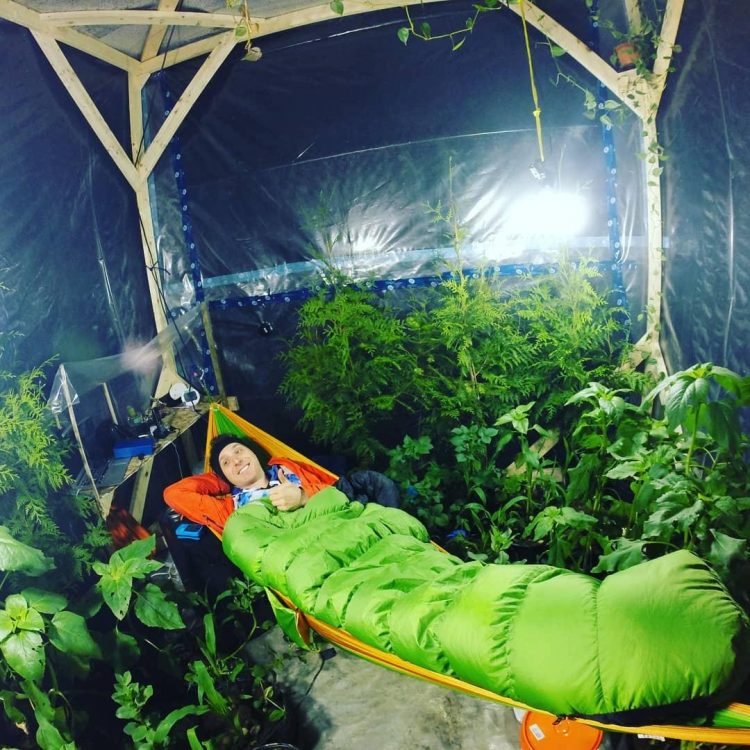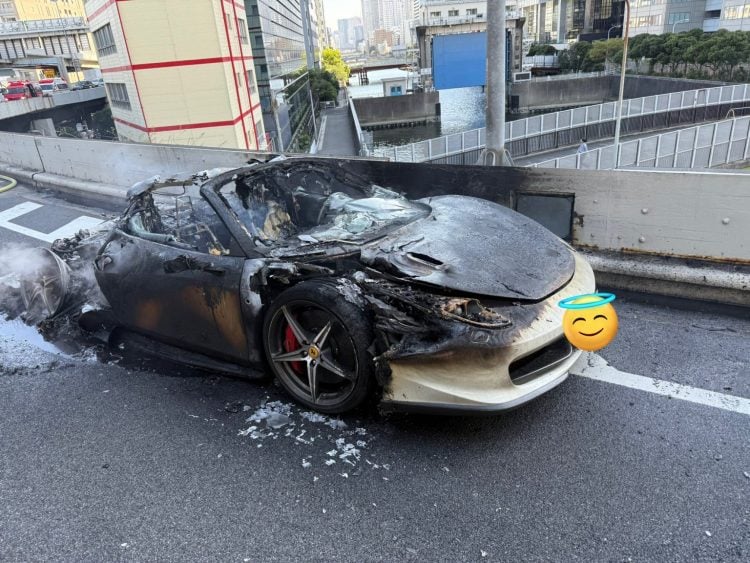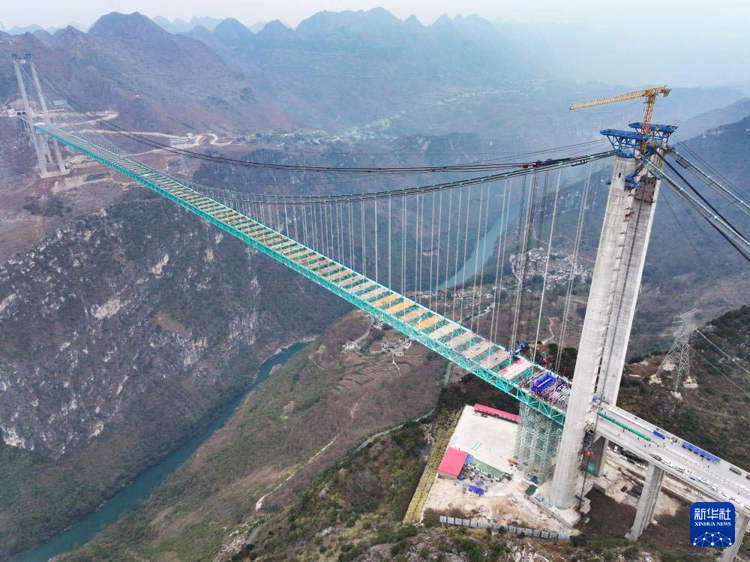A self-described “whimsical scientist” locked himself in a small air-tight plastic foil tent with 200 plants to see if they could covert CO2 into oxygen fast enough to keep him alive.
Kurtis Baute sealed himself in a 3m by 3m plastic-wrapped biodome in his brother’s backyard in British Columbia, Canada, last week, but he announced his audacious plan to his YouTube fans, in August. He hoped to find out if by surrounding himself with plants, enough of the CO2 he breathed out could be converted into oxygen to allow him to survive in the sealed enclosure for at least three days. Unfortunately, he had to abort the experiment after only 15 hours, as CO2 levels reached a dangerous point where he risked suffering brain damage or even falling into a coma.

Photo: Kurtis Baute/Instagram
“I could probably survive in the jar three days,” Baute wrote on his website last week. “But my goal is not to just ‘not die’, my goal is to end this project without having turned blue, developed brain damage, gotten heat stroke, or just generally caused lasting harm to my body.”
But as it turns out, that’s exactly what he risked as the 200 plans he took with him into the air-tight biodome couldn’t keep with his needs. Apparently, a cloudy sky prevented them from receiving all the sunlight they needed to perform photosynthesis, so they couldn’t recycle CO2 fast enough.
“Plants are great at soaking up CO2, they love the stuff.. But they can only handle so much, and since it isn’t a bright and sunny day (its overcast) they aren’t getting the light they need… Which means CO2 just keeps rising. Will have to abort today if this keeps up,” the young experimenter tweeted on October 24.
15 hours into the experiment, Baute reached the set danger threshold and called it quits. Still, he called the experience a “huge success” as his main goal was actually the devastating effects of climate change and CO2 emissions.
View this post on Instagram
“The messed up thing about my experiment is that some of my abort values (eg If CO2 is too high I escape) are just everyday experiences for many people on this planet. Everyone deserves clean air, but not everyone has it,” he wrote.






